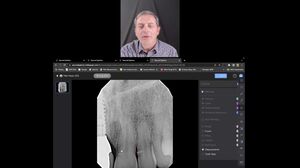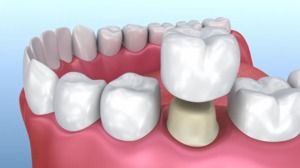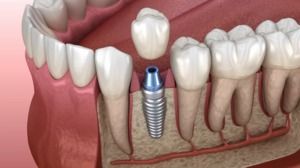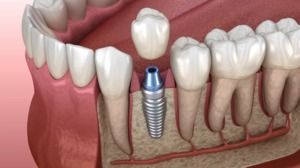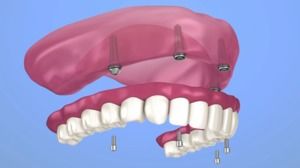Description
Clenching or grinding your teeth during sleep can wear down your teeth and cause jaw pain. If you consistently experience a stiff jaw, earaches, or headaches, it may be the result of bruxism. A custom night guard from 38th Street Dental can put an end to the painful symptoms and damage associated with teeth grinding.
View transcript
There's not a week that goes by where I don't see a patient that reports jaw pain. Sometimes it's something that we actually identify as dentists just by looking at the severe wear that occurs to people's teeth. So occlusion is the fancy word for our teeth coming together, our bite. So an occlusal splint or an occlusal guard is a dental appliance that helps to reduce the symptoms associated with jaw pain. Most jaw pain is the result of bruxism, and that's the clinical term for clenching and/or grinding your teeth usually, during your sleep. Everybody clenches their teeth during their sleep. Some people more than others.
And studies have shown that when we clench our teeth during our sleep, it's not a random event. It occurs during specific stages of sleep. So when people are not sleeping as well either due to some factor in their life, stress, a mom with a newborn infant, sleep apnea, whatever the case may be, if they're not sleeping as well, then they're going to spend more of a night clenching their teeth. One night, that's not going to be a big deal, but two or three nights in a row of that and you're going to start to put enough stress on the jaw joint that symptoms will result, stiff jaw, earaches, headaches.
By wearing a night guard you're not able to force the top of the condyle up against the base of the skull and crush the cartilage in the temporomandibular joint for hours upon hours, night after night. So the night guard literally displaces or provides a physical separation in the joint space by virtue of just keeping the teeth open two or three millimeters.
Over-the-counter night guards have their place if people are having severe pain. Short-term temporary use is okay, but long-term use of over-the-counter night guards can be associated with actually changes in people's bites, permanent changes. People develop what we call a malocclusion or a bad bite because the teeth actually shift and it's a permanent change. And obviously, that's something we want to avoid. We don't want the therapy that we're providing to cure something and then cause another problem, whereas a custom-made night guard doesn't have that pitfall.





